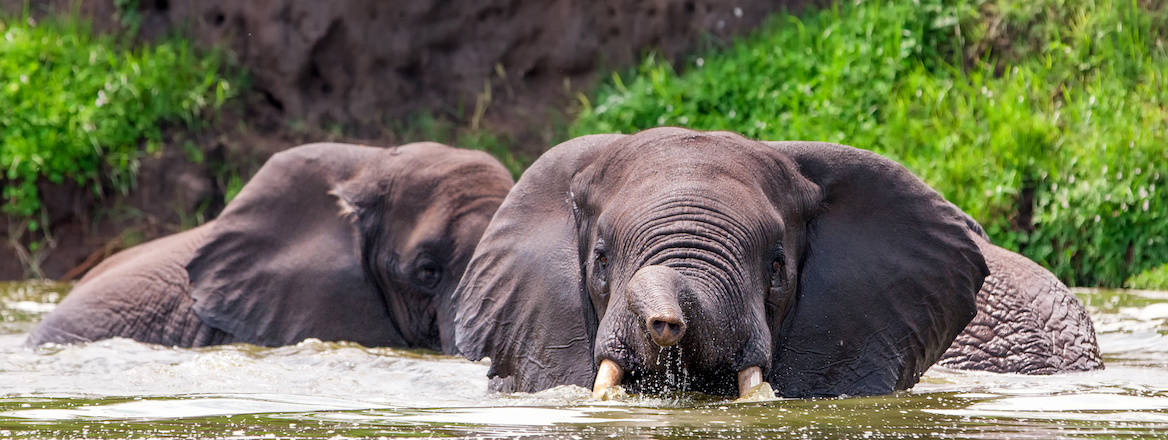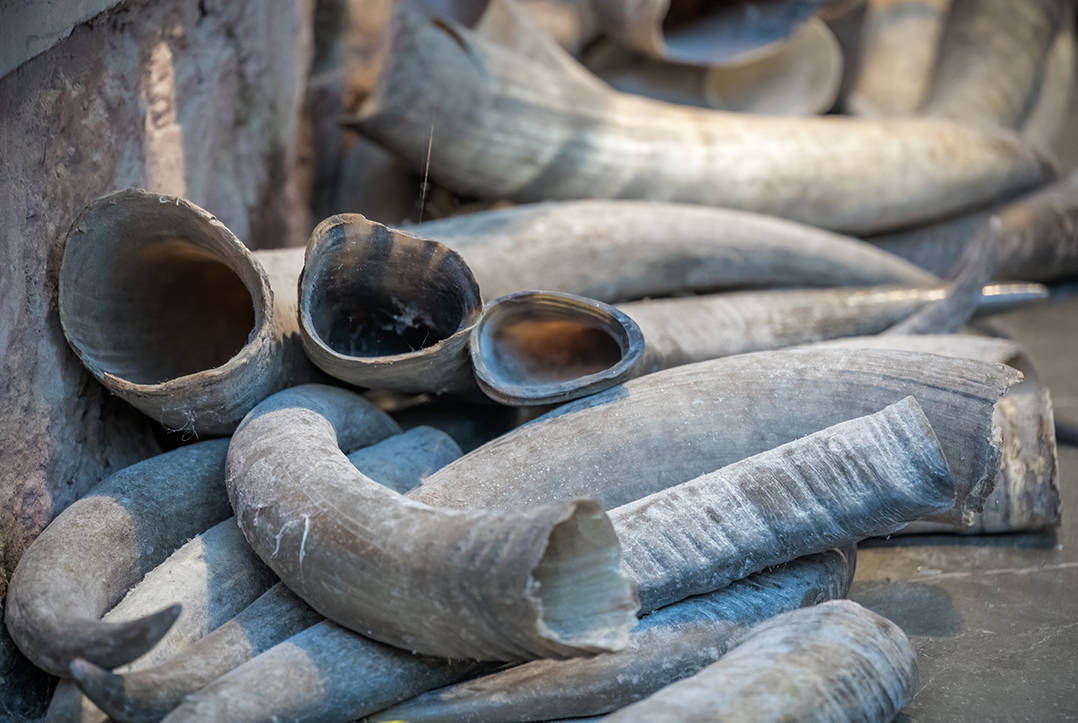Illegal Wildlife Trade in Uganda: Tracking Progress on 'Following the Money'
This paper assesses the relationship between illegal wildlife trade and illicit finance in Uganda, and considers how effectively the country is responding to these threats.
Uganda occupies a critical position as a logistics hub for transnational flows of illegally sourced wildlife. As a source, consolidation and transit country, it acts as a nexus state – a ‘one-stop shop’ for criminals looking to illegally buy and sell wildlife, launder the proceeds, and tie this in with other illicit activity, from trafficking in timber to drugs.
In this context, illegal wildlife trade (IWT) in Uganda is highly lucrative for criminals. Yet, little is known about the associated money flows, despite strong momentum to address the finances of IWT at a global level.
In parallel, little research has assessed Uganda’s record in disrupting these flows. While the country has taken tangible steps to target the finances of IWT, the effectiveness of its actions has not yet been analysed.
Based on 35 semi-structured interviews with key stakeholders, a rigorous review of open-source literature and analysis of confidential information, this paper assesses the relationship between IWT and illicit finance in Uganda and considers how effectively the country is responding to these threats. In doing so, the paper represents the most in-depth independent study of a single jurisdiction’s experience of and response to the finances of IWT to date.
Related Video Commentary
WRITTEN BY
Cathy Haenlein
Director of Organised Crime and Policing Studies
Organised Crime and Policing



